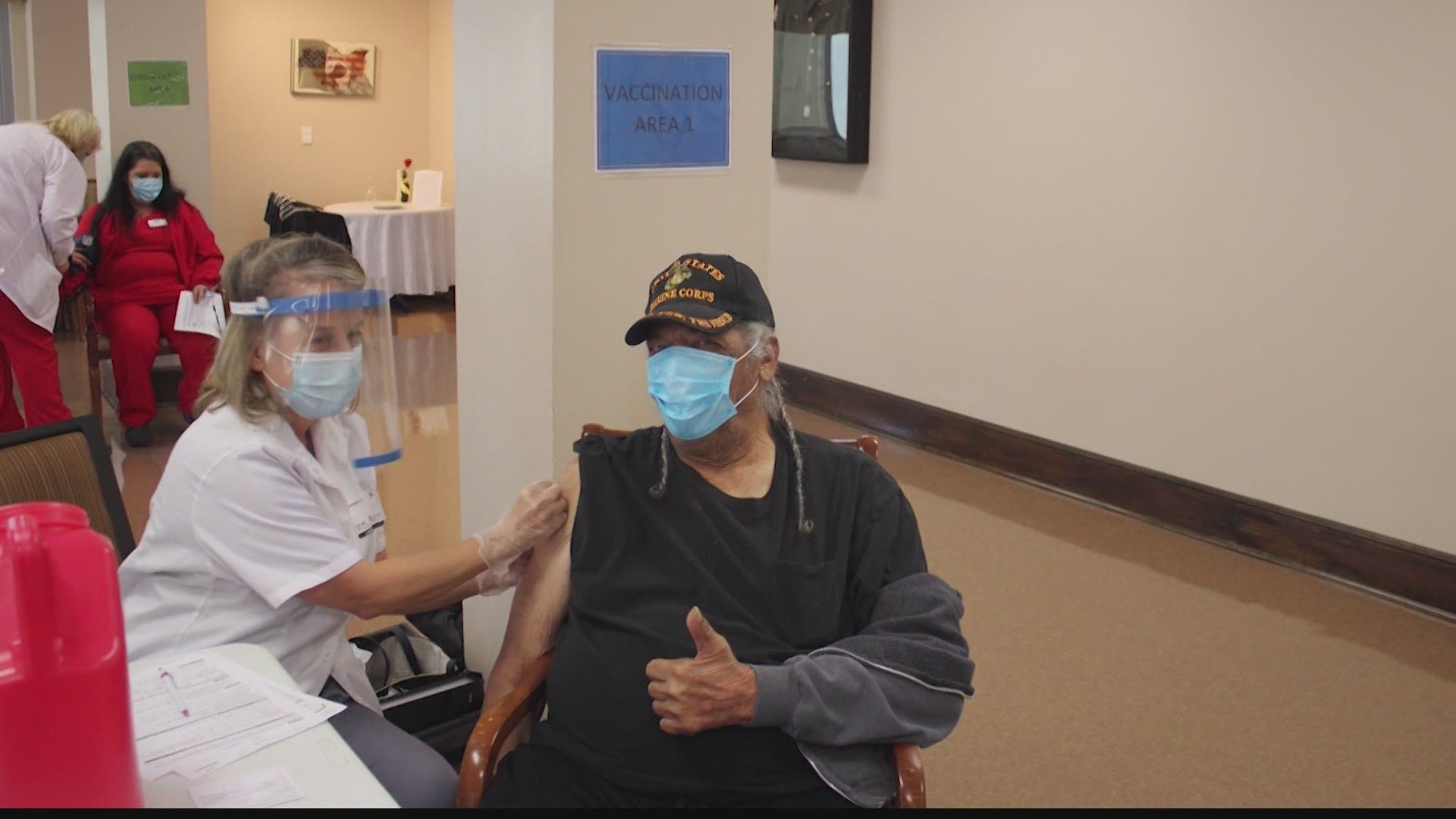HUNTSVILLE, Ala. — This concern from the African American community is mainly due to unethical clinical trials involving people of color.
"Only 11% of vaccines have reached the African American community in this state," said Dr. Warren Strickland, an interventional cardiologist at Crestwood Medical Center.
Dr. Strickland says that it's impossible to know if that number is related to the vaccine shortage, or the concern of taking the vaccine in the African American community.
"I poll all of my patients and try to educate all of my patients on the importance of receiving this vaccine but there's still some hesitancy," said Strickland.
He found through his polls that about half of his patients of color are nervous when it comes to receiving the COVID-19 vaccine, but there are things that can be done to ease some of those worries.
"The biggest issue with the Black community and Black patients is comorbidities for one: high blood pressure, diabetes, but more importantly is education, and access and opportunity to get the vaccine," said Strickland.
Education about the vaccine can help put people's minds at ease about getting one.
"We need to come together and realize that there is a need to educate the Black community, to provide community access to the vaccine. I think that we're going gonna have to go into the Black community," said Strickland.
As well as having leaders in the Black community come forth and lead by example, such as ministers, councilmen and representatives.
"You have to have leaders in the community, trusted leaders in the community, to really guide that, and so, and then the other thing, I think it's important that folks that look like the individuals that are having a hard time accepting it, should be talking about this issue more, and so people respond to those that look like them and those that they trust and I think that we gotta do a better job with that," said Anthony Daniels, Alabama House of Representatives, District 53.

